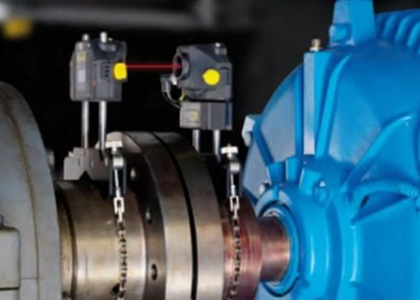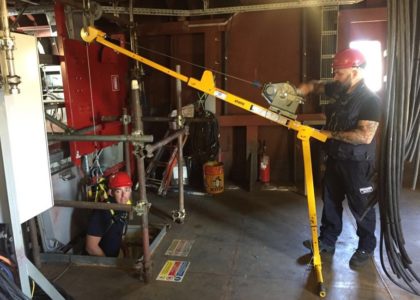Running operations of the industry requires continuous monitoring for smooth running. Taking care of various industry factors, such as people management, client coordination, quality assurance, etc., keeps you on your feet.
Things get a bit more challenging in an industry that produces medium to heavy-weight products. It requires moving goods from one place to another, which is not a task humans can always handle on their own.
If you work in a heavy goods production company, you may be looking for a mobile conveyor manufacturer. Before buying a conveyer, you should know a few things about it.
What are mobile conveyor systems?
A mobile conveyor manufacturer produces systems that can be moved from one location to another according to convenience and need. These are cost-effective and flexible ways of transporting materials from the production site. Such systems are present in production sites, demolition applications, and mining operations.
Broadly, there are three types of uses of a mobile conveyor system in industries:
- Mining industries use a category of mobile conveyors. These conveyors are large and assemblable according to requirements.
- Warehouses and outdoor sites use another type of mobile conveyor. These come intact and are movable to the machinery or plant where it’s required.
- The third conveyor unit has a design that could be set up temporarily at job sites. They are usually collapsible and are carried around in a dolly.
Things to consider before choosing a conveyor
When choosing between a mobile and fixed conveyor system, looking at the materials, you’re planning on moving is essential. Every material requires unique features for efficient transport. Therefore, here are a few aspects you should consider for your systems:
Volume
The volume of goods your conveyor system will transport is an essential factor. Mobile conveyors are helpful for shorter periods, while fixed conveyors are suitable for extended work. However, both can handle various load sizes as long as you plan for your volume before investing in your system.
Rate
The conveyor systems must match the rate of flow of produced goods. If the production rate doesn’t match your conveyor systems, you’ll create bottlenecks in your processing system. This will slow down efficiency and damage the products. Mobile conveyors also concern setup time, as they need time to move and operate the conveyor.
Material needs
Every material has a set of needs that an efficient conveyor system needs to address. This can include things like:
- Hazards
- State of matter
- Container type
- Temperature
- Weight
- Size
- Fragility
Speciality of mobile conveyors
This is all essential knowledge for building and constructing a conveyor system that fits your workspace. You should invest your money in systems that raise efficiency and promote productivity by properly learning about all the factors.
Mobile Conveyors
Mobile conveyors typically involve a single conveyor belt or mechanism. Most often, these are useful for transporting goods, but they have many other uses depending on your needs.
Adjustable and Mobile
Each conveyor system can handle many jobs and doesn’t require the same specifics as a fixed system. Instead of using multiple fixed systems, a single-unit mobile system can move items short distances.
Last words
All the above suggestions must be considered for buying a conveyor system that fits your workspace. Hopefully, going through this article will aid you in figuring out whether a mobile system is best for you.
By analyzing every factor mentioned, you can best invest your money in a conveyor that raises efficiency and promotes productivity.





